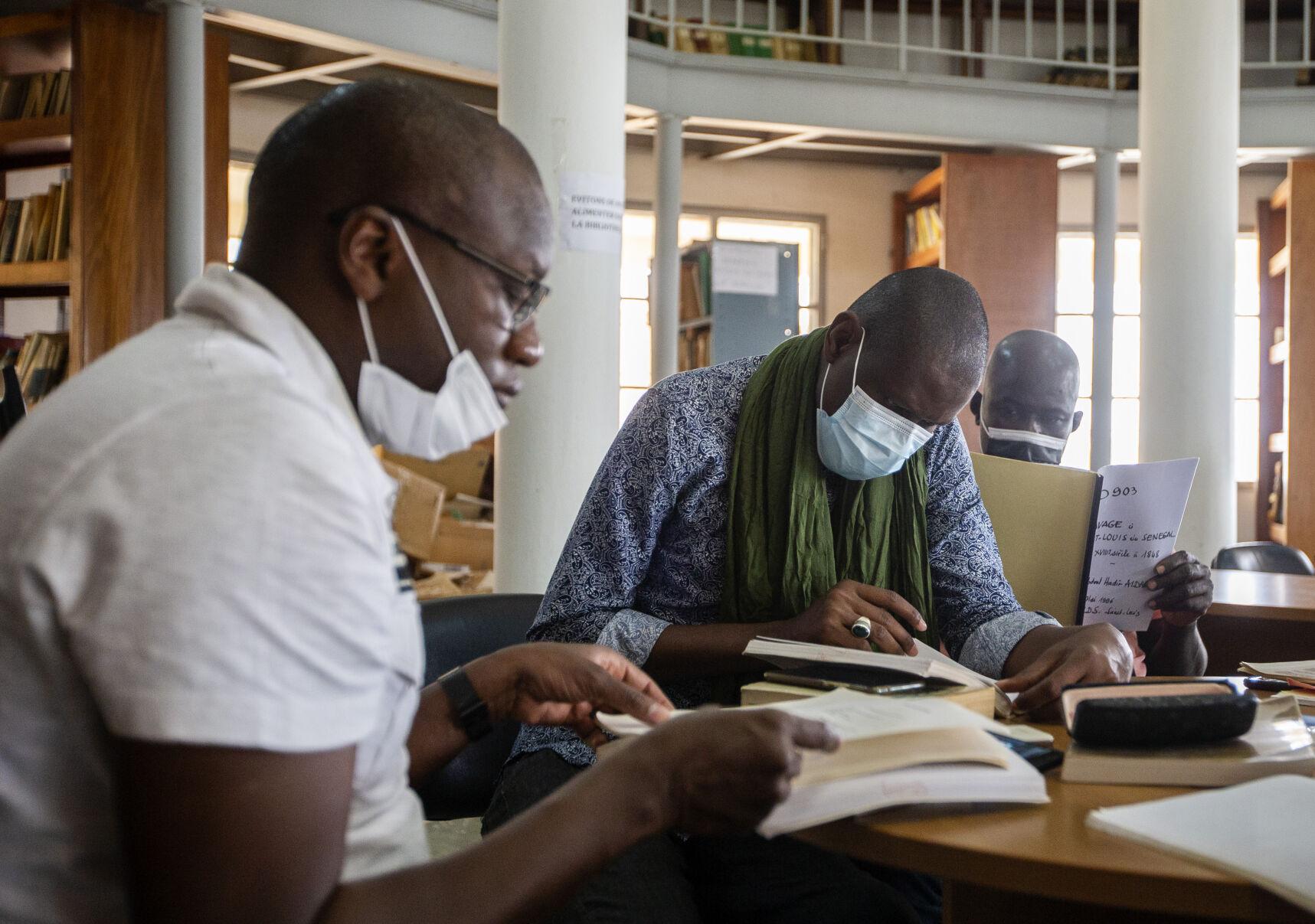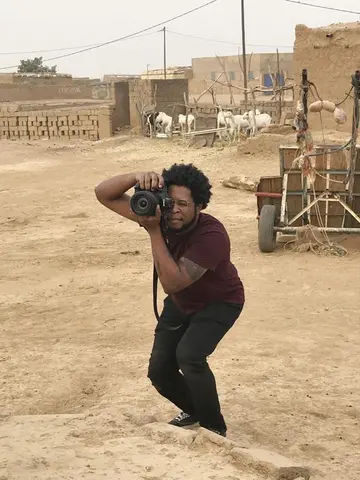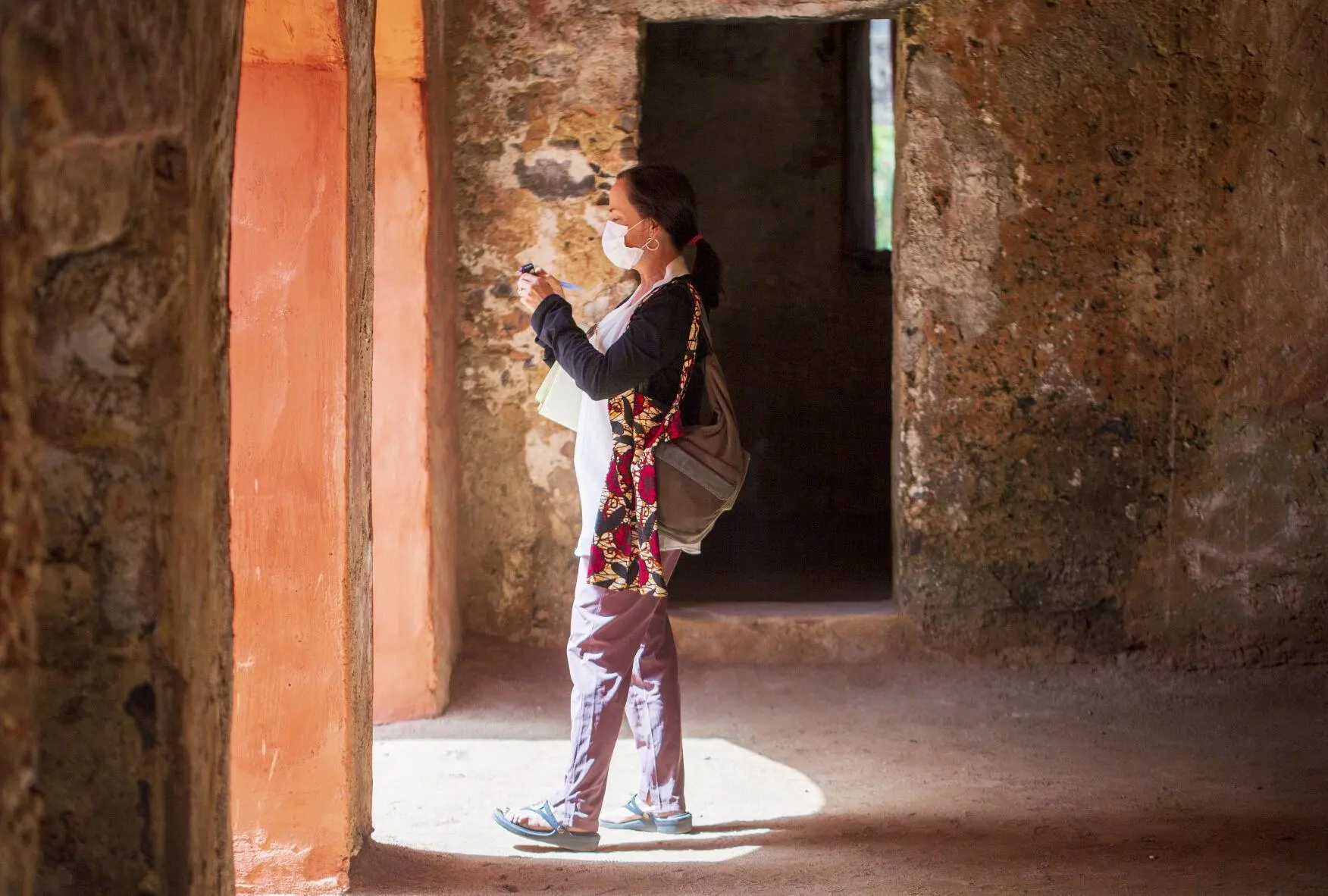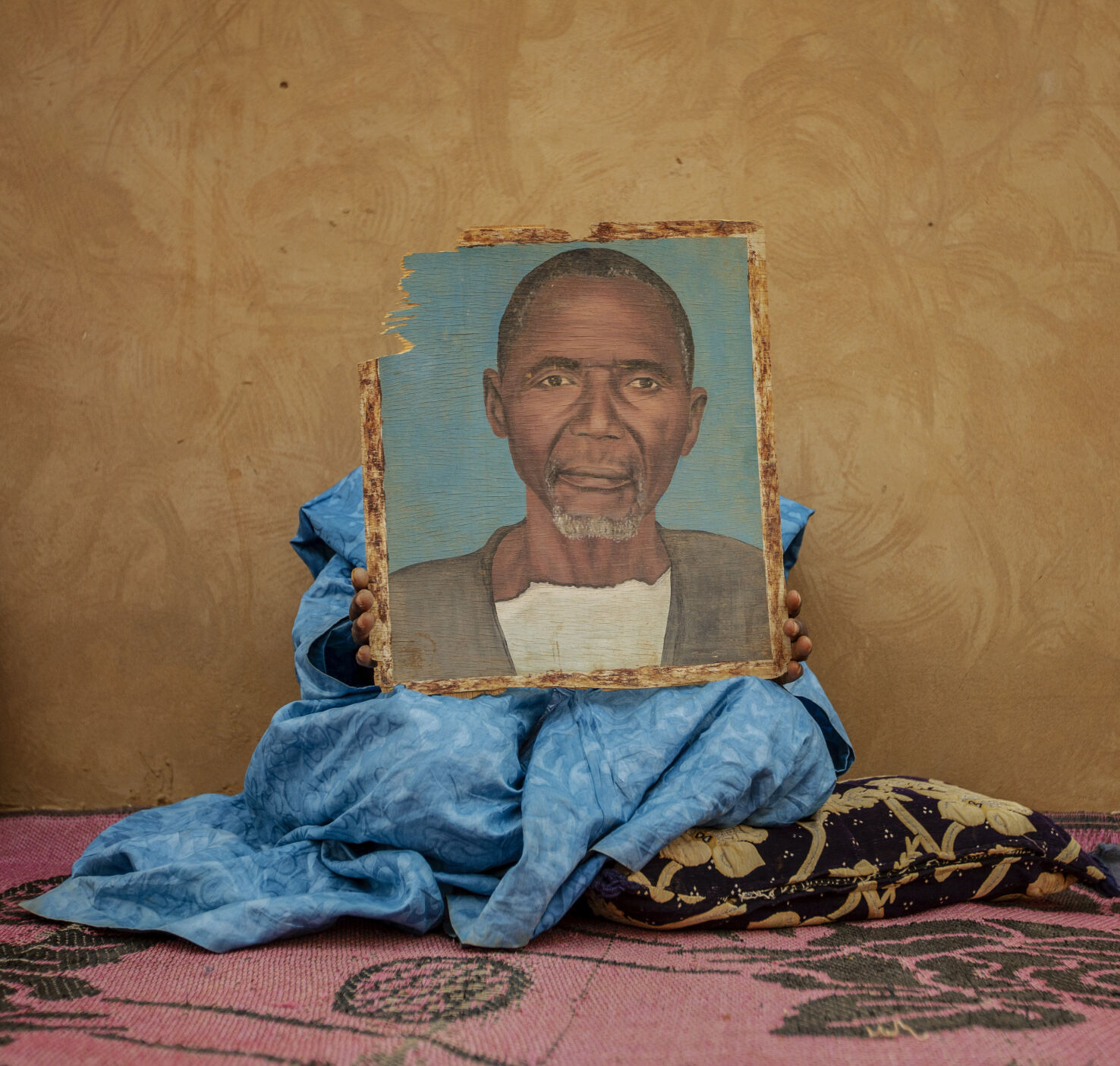
It’s hard to quantify how much time Post and Courier reporter Jennifer Berry Hawes and photographer Gavin McIntyre spent working on this journey to find Omar ibn Said.
On March 11, 2020, they had just gotten off a flight from Charleston to Atlanta, prepared to board their overnight connection to Paris and then Senegal, when then-President Donald Trump announced a ban on travelers entering the U.S. from Europe.
A pandemic gripped the world.
With chaos erupting, the journalists abandoned the trip. Spoleto Festival USA postponed its Omar opera, which had been set to debut in Charleston last summer. The newspaper’s project sat on hold.
Then, in February, McIntyre and Hawes again boarded an airplane amid coronavirus fears, this time with people wearing face masks.
During their reporting in Senegal, supported by a generous grant from the Pulitzer Center, they convened an invaluable crew: linguistics professor Mamarame Seck, Arabic teacher and translator Abdoulaye Gueye, drivers Youssou Badji and Serigne Ndiaye, and French graduate student Amandine Situ Bocco.
For two weeks, countless Senegalese opened their homes and villages, offering insight to these strangers who showed up asking about a long-ago man most had never heard of.
Back home, the journalists spent months scouring archives, libraries and museums across South Carolina and North Carolina searching for clues about Omar and the times he lived in. They did the same in Senegal’s capital city of Dakar, its port city of Saint-Louis and Podor in Futa Toro.
For translations of Omar’s writings, they relied on Gueye, Ayla Amon, Ala Alryyes, John Hunwick and imams and historians around the region.

The journalists interviewed dozens of experts in the U.S., Europe and Africa.
Chief among them was Amon, curatorial assistant at the Smithsonian’s National Museum of African American History and Culture. Her forthcoming book will bring Omar’s 15 known surviving texts into one place and translate them all into English.
The journalists also relied on Mbaye Lo, a Duke University professor with roots in Futa who also is writing a book about Omar’s words. With Professor Carl Ernst, he is exploring religious and poetic texts that Omar drew from when he wrote.
Two published books with important context about Omar’s life and writings proved invaluable: Alryyes’ book A Muslim American Slave: The Life of Omar Ibn Said and Sylviane Diouf’s Servants of Allah: African Muslims Enslaved in the Americas.
A box of the late North Carolina historian Thomas Parramore’s research also was helpful.
Meanwhile, as the journalists traveled around Futa, they left copies of Omar’s writings with people they met. Imams and historians there now are deciphering his words and meaning.
Stay tuned for more about what they discover.







